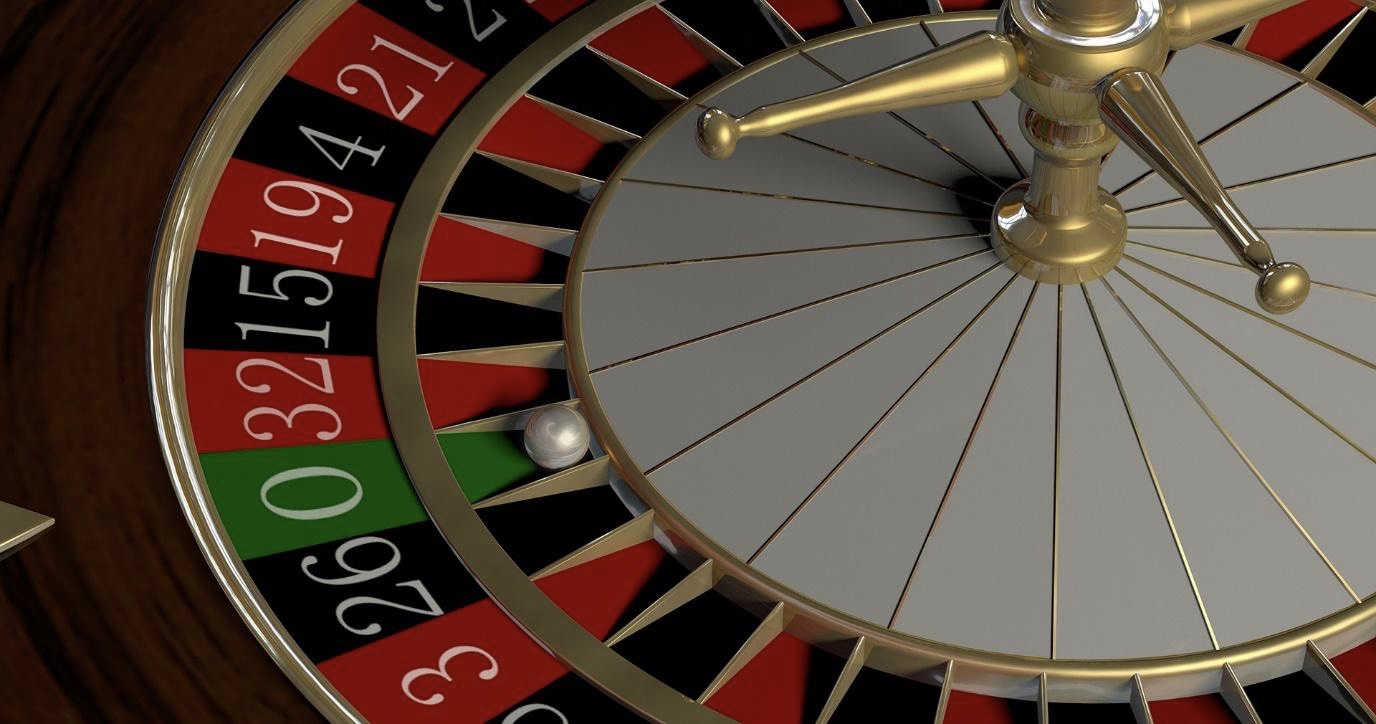Roulette is a highly popular casino game played with a ball and wheel, offering many variations over its long history and featuring fascinating facts about it.
One such fact is the belief by some people that roulette’s numbers add up to 666 and represent Satan or vice. Roulette has also earned itself the name of “Devil’s Game”, due to its reliance on luck and repeated losses by some players.
Origin
Roulette’s exact origin remains uncertain. While its modern form likely originated from Chinese game hoca, with European spa resorts and casinos first offering it around 1850s. Although various theories exist regarding its creation; one popular theory involves Blaise Pascal from 17th-century France who attempted to create an infinite motion machine at that time.
No matter its exact origins, Roulette quickly established itself as a staple of gambling industry across Europe and America. It remained a favorite until gambling prohibition drove it underground; at which time blackjack and craps became preferred casino games among working-class Americans. Francois and Louis Blanc’s creation of a wheel with only one zero made odds more favorable to house than before – giving rise to one zero roulette tables being developed by some manufacturers at this point.
Rules
As in all casino games, roulette relies on chance and not skill alone to determine outcomes. Its rules are straightforward and players place chips on a betting mat with their precise placement indicating what type of bet it represents; red or black bets offer nearly even odds but larger potential returns; odd or even numbers have lower odds but higher potential winnings.
Players can place special bets, which combine inside bets with special ones, when placing inside bets on single numbers, groups of numbers or split numbers. Each special bet offers its own payout depending on odds and payout table – but should a bet land on zero then their original bet will be returned in half according to an en prison rule or la partage rule.
Variations
Over the years, multiple versions of roulette have been played in casinos and other gaming environments. Some were abandoned while others have been refined to form what is today known as roulette.
While most roulette variants share similar layout and betting rules, certain ones stand out with special features that set them apart. Some offer higher house edges than others while others feature unique bets or gameplay rules which could significantly change your results.
No matter your experience level or skill set, you’re sure to find a roulette variation that meets your needs. When considering all available variants it is crucial to do research in order to identify one with optimal odds, payouts, and house edge – selecting an optimal variation is one key component of successful casino gaming strategy!
Bets
Understanding roulette odds is vital for successful betting strategies. Odds determine your potential payouts and are calculated based on the proportion of winning outcomes compared to all possible outcomes; for instance, placing a straight bet on one number has a probability ratio of 35:1, even though there are 38 numbers (1-36 plus 00 and 00).
Even money bets involving red, black, odd and low (13-24 and 19-36) ranges make up most of the table’s betting options and provide payouts of about 50% of the time.
Outside bets cover only a smaller percentage of the wheel and offer greater odds but with reduced payouts (street bets pay 11-1 while corner ones offer 8-1). Some players attempt to beat the house using betting systems that allegedly transform a house edge into profits – however these strategies often rely on gambling fallacies that assume past results predict future ones.
Payouts
Payouts in roulette depend on the odds associated with each type of bet. Outside bets have higher probabilities of success but their payouts tend to be less than those associated with inside bets; this is especially true for odd/even bets, which cover nearly half the wheel. Other outside bets such as columns and dozens may offer slightly better returns but still do not reach that of straight up bets.
Payouts for inside bets depend on their probability, calculated by multiplying the number of winning and losing outcomes together. Therefore, it’s essential that you familiarize yourself with each bet before playing as its odds can differ drastically depending on its type; some online games provide this information, while others may not.


